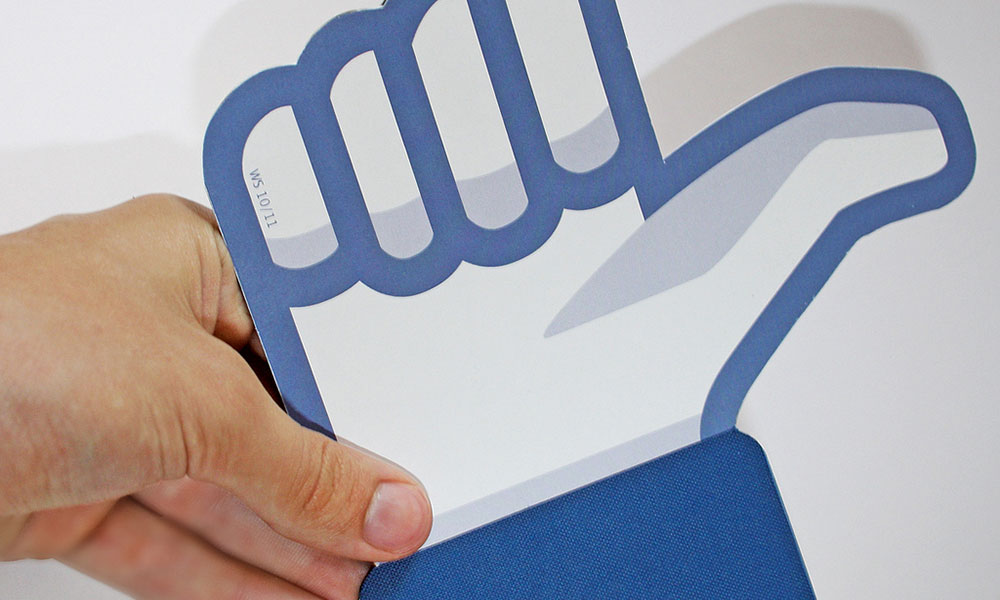
Nonprofits to Facebook: Don’t Limit Our Reach
Stuck between a rock and a hard place with Facebook pages that now require payments to ensure wide reach, nonprofit groups are starting to speak out on the issue. Last week, one volunteer tried to set the wheels in motion with a Change.org petition.
Facebook pages aren’t what they used to be, as far as organic reach goes. That’s left many nonprofits, which may not have the budgets or even the legal ability to pay to promote their posts, out in the cold.
Given those dynamics, maybe it was high time that someone spoke up about the issue.
That someone was Erin Jenkins. The animal-shelter volunteer, who writes the updates for the Karuna Bully Rescue, in Naugatuck, Connecticut, launched a Change.org petition a few days back, requesting that Facebook modify its algorithm strategy to better accommodate nonprofit groups.
In her petition, Jenkins noted that Facebook was a large part of the reason she originally got involved with volunteer work, but the changes to the site’s algorithms have increasingly made it difficult for the nonprofit to leverage its reach.
“But now, it is becoming increasingly difficult to get the word out,” she explained. “The harder it is for non-profit pages to be seen, the less we are able to help animals and people in need and as one of our main platforms is slowly disappearing, it makes it almost impossible.”
Jenkins’ petition has earned nearly 6,000 signatures since launching six days ago—topping the nearly 4,800 fans that the animal rescue has earned over the years.
Speaking to the International Business Times about the petition, National Council of Nonprofits Spokesman Rick Cohen noted that Jenkins’ complaint on the issue—which is particularly damaging for the nonprofits that can’t translate an important mission into viral success—is far from unique.
“We’ve heard quite a bit about it,” Cohen told the publication. “Ice Bucket Challenge notwithstanding, the algorithm changes that Facebook has made just makes it a lot more difficult for nonprofits to expand their reach.”
Critics Linger
This isn’t the first time nonprofit critics have taken on Facebook over the way the company treats nonprofits. Last April, for example, a pseudonymous writer for ValleyWag wrote a post discussing the impact that the changes had on his nonprofit’s Facebook reach—and the problems it created for both nonprofit groups and political activists.
“In the more prosaic world of nonprofits, Facebook has also become a crucial outreach tool and an effective way to stay in touch with supporters and partners,” he wrote. “Many organizations funded by government or foundation grants are not even legally allowed to spend that money on advertising—and many more simply don’t have the budget for it regardless.”
Facebook has been known to switch gears on controversial policies in the past. Last year, the company offered an apology to members of the LGBT community who had their accounts blocked due to an interpretation of the real-names rule that unwittingly targeted drag queens, drag kings, and those who identify as transgender.
“We’ve had this policy for over 10 years, and until recently it’s done a good job of creating a safe community without inadvertently harming groups like what happened here,” Spokesperson Chris Cox wrote.






Comments